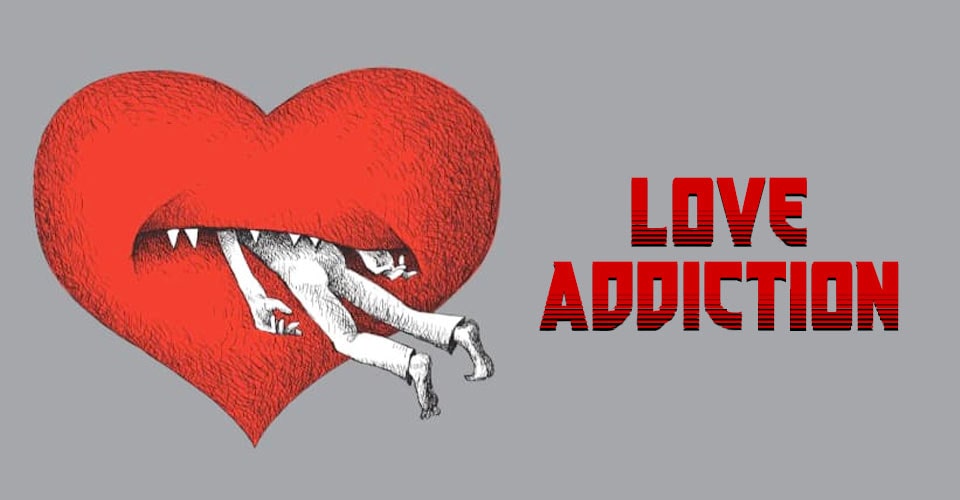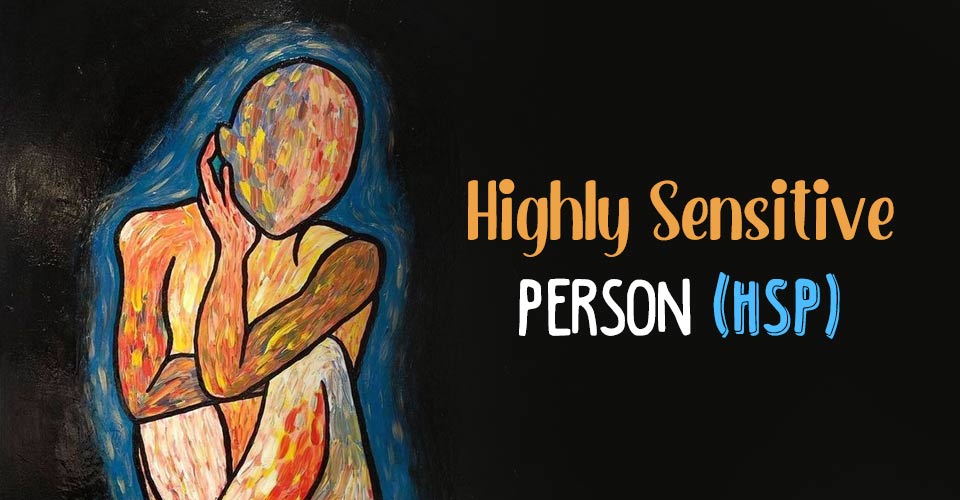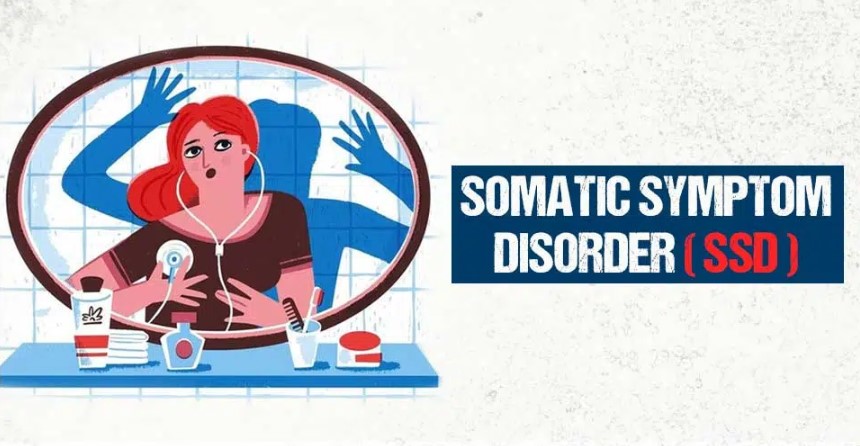Work is an activity or task involving mental and physical effort to achieve a purpose or result. It is a cornerstone of human civilization and is usually linked to economic and social development.
What Is Work?
Work or labor is an intentional activity that is performed by individuals or groups to contribute toward services and goods within an economy and fulfill the wants and needs of a wider community.
Work is fundamental to all societies, because of which humanity has instituted a number of industries, institutions, and organizations in society to situate work and harness the physical and mental efforts of many communities. However, perceptions of work, the workplace, and work culture vary across the globe.
Nonetheless, even the simplest tasks require specific skills, tools, resources, training, and maintenance. It is also associated with financial compensation and social prestige.
Why Do People Work?
People have different perceptions of work and because of this, the question “why is work necessary?” is subjective. Research [mfn] Aazami, S., Shamsuddin, K., Akmal, S., & Azami, G. (2015). The Relationship Between Job Satisfaction and Psychological/Physical Health among Malaysian Working Women. The Malaysian journal of medical sciences : MJMS, 22(4), 40–46. [/mfn] shows that our work psychology is built on ‘generalizations’ we make from our orientation and upbringing, developmental experiences, socio-cultural notions, value systems, socio-political realities, etc.
Most people want to find meaning in their professional and personal lives, so they view work as a means of self-fulfillment that helps them to “make sense of [their] current experience, give [them] direction about what goals and aims to pursue, and guide [them] about what is valuable and what really matters in life and in the world”.
According to a 2018 study [mfn] Martela, F., & Pessi, A. B. (2018). Significant Work Is About Self-Realization and Broader Purpose: Defining the Key Dimensions of Meaningful Work. Frontiers in psychology, 9, 363. https://doi.org/10.3389/fpsyg.2018.00363 [/mfn], some may see it as nurturing their skills, talents, creativity, etc. Others may see it as a means of livelihood or “a game of status and promotions leading to a successful career”. Some may also view it as a calling or an expression of their ideals.
But, however, we evaluate the ‘meaningfulness’ or ‘purpose’ of work, and we tend to fall back on ways we can link professional satisfaction to our personal gratification. We search for meaning in our work and take comfort in the way our work fulfills certain values or characteristics as well as guides, directs, and gives significance to our endeavors.
Why Is Work Important?
Work is the central organizing feature of human civilization, bordering on both rationality and ethics. It gives an indispensable sense of identity, purposefulness, meaningfulness, belongingness, and confidence and that is why people work.
The purpose of working is also central to other dimensions of human society, such as:
- Creation of personal and social identity
- Greater physical and mental health and wellness [mfn] Ray, T. K., & Pana-Cryan, R. (2021). Work Flexibility and Work-Related Well-Being. International journal of environmental research and public health, 18(6), 3254. https://doi.org/10.3390/ijerph18063254 [/mfn]
- Social exchanges, integration, and recognition
- Financial support
- Access to essential and non-essential services (like health care, clothing, housing, food items, etc.)
- Structuring of lifestyle, daily activities, diet, routine, sleep schedule, etc.
- Harboring a sense of self-worth, self-esteem, self-discipline, and self-confidence
- Developing value systems
- Enhanced experiences and skill-building
- Increased civic participation and safety
- Promotion of social and economic development
- Increased public spending for social welfare
Read More About Self-Love
Determinants Of Work
Work is viewed differently across various cultures. The perspective and division of labor and work culture varies enormously. However, throughout history, work has been intimately connected to a number of factors, including:
- Social and cultural notions
- Politics and power
- Class
- Tradition
- Rights
- Privileges
- Geography
- Economy
- Market demands
- Transportation
- Communication systems
- Technology
- Capital and resources
Different Patterns Of Work
The concept and practice of work have evolved over the years and are still being experimented on. Consequently, many jobs have cropped up or died out depending on the demands of particular services, labor availability, and occupational returns.
The most prominent and common of all work patterns is traditional work situated in a variety of institutions and organizations (private and public), involving the 9–5 clock format. But, in recent times, unconventional work schedules are developed that border on flexibility and cost-effectiveness.
Currently, there are 6 different working patterns, including:
- ‘Standard’ traditional work
- ‘On-demand’ flexible work
- Shift work
- Agency work
- Freelance
- Self-employment
Understanding Hard Work And Success
Dedicated hard work is fundamental to both success and self-satisfaction. When we work hard, we are in a position to understand our goals, prioritize certain objectives, and determinedly work for them. In the process, we achieve the goals that define our success and professional standings.
The benefits of working hard are:
- Greater self-esteem
- Greater confidence
- Greater self-satisfaction
- Positivity
- Creativity
- Further motivation to work
- Inclination to take up more challenging responsibilities in the future
- Material gain
How Can We Achieve Work-life Balance?
Work-life balance is the desirable state of having accomplishment, adequate income, and fulfillment through work while maintaining an equal level of satisfaction through non-work social and recreational pursuits.
Although hard work leads to financial gains, professional success, and life satisfaction, over-working, or developing workaholism poses major threats to a person’s physical and mental wellbeing. That is why people should always maintain good work health [mfn] Gragnano, A., Simbula, S., & Miglioretti, M. (2020). Work-Life Balance: Weighing the Importance of Work-Family and Work-Health Balance. International journal of environmental research and public health, 17(3), 907. https://doi.org/10.3390/ijerph17030907 [/mfn] balance that provides a sense of accomplishment and fulfillment through work and personal (social and recreational) pursuits.
This balance not only improves their physical, psychological, and social well-being but also prevents the negative effects of work addiction like job burnout, etc. In fact, people who balance their personal and professional commitments often possess greater self-esteem, confidence, happiness, and well-being.
If you are struggling with work-life balance, consider the following steps to achieve a successful work-life harmony:
- Balance your personal and professional lives
- Prioritize your work commitments
- Learn to say “No” to responsibilities you can’t fulfill
- Communicate openly with your family and colleagues about your work life
- Develop a strong support system at work and at home
- Avail professional help (such as therapy, medication, etc.) to develop healthier working habits
Read More About Therapy
How Can We Be Happy And Productive At Work?
Our professional demands and our workplace heavily influence our approach toward work, our productivity, and our levels of professional satisfaction.
Some workplaces suit our passion and professional commitments, thereby helping us thrive. Other workplaces and occupational factors may be inherently unsuited to our long-term personal and professional goals and we may find ourselves struggling to adjust to these spaces.
Toxic work cultures typified by ostracism, incivility, harassment, and bullying are common in some companies. In such cases, negative workplaces and associated organizations are plagued by workers’ discontent, low productivity, high turnover, and eventually unhappy workers’ abandonment.
In recent years, with the rise of social welfare, workers’ wellness has moved into the workplace as an ‘enterprise’. A 2016 study [mfn] Stoewen D. L. (2016). Wellness at work: Building healthy workplaces. The Canadian veterinary journal = La revue veterinaire canadienne, 57(11), 1188–1190. [/mfn] said that the last decades have seen a rise in the number of “for-profit and not-for-profit companies, businesses, firms, institutions and organizations designed to provide goods and/or services” as a recognition of the role the workplace plays in enhancing its workers’ happiness and productivity. Many corporations have incorporated employee welfare measures like health insurance, paid leaves, flexible work hours, etc.
However, a good and productive workplace depends on both the organizational measures, and the type of work culture [mfn] Bayot ML, Tadi P, Sharts-Hopko NC. Work Culture. [Updated 2021 Jul 26]. In: StatPearls [Internet]. Treasure Island (FL): StatPearls Publishing; 2022 Jan-. Available from: https://www.ncbi.nlm.nih.gov/books/NBK542168/ [/mfn] fostered, and the employees’ work performance and their own approach towards their employers, co-workers, and the respective workplace.
How To Be Happy At Work: A Personal Guide

Consider the following tips to be happier, more productive, and more creative at work:
- Try to find your passion and purpose at work
- Maintain a healthy work-life balance
- Try to understand the complex system of goals in the organization and its relationship to your own work
- Create a list of long-term professional goals that fuel your personal growth and contributes to your organization’s success
- Communicate about your workload with your colleagues
- Cooperate with your fellow workers on keeping appointments, executing projects, etc.
- Develop social and interpersonal skills
- Try to peacefully resolve [mfn] Overton, A. R., & Lowry, A. C. (2013). Conflict management: difficult conversations with difficult people. Clinics in colon and rectal surgery, 26(4), 259–264. https://doi.org/10.1055/s-0033-1356728 [/mfn] conflicts in the workplace
- Display a brilliant work-ethic and endearing set of values
- Try to lead by example
Ways To Improve Work Performance Of Employees
Consider the following organizational measures to make your employees happier, more productive, and more creative at the workplace. You can provide for:
- Balanced and flexible work schedules
- Adequate paid holidays
- Recovery programs
- Training and workshops that focus on physical and psychological well-being
- Opportunities for interactive extracurricular activities
- Opportunities for effective communication [mfn] Caesens, G., Stinglhamber, F., Demoulin, S., De Wilde, M., & Mierop, A. (2019). Perceived Organizational Support and Workplace Conflict: The Mediating Role of Failure-Related Trust. Frontiers in psychology, 9, 2704. https://doi.org/10.3389/fpsyg.2018.02704 [/mfn] between the employees and the employers at all levels
- Measures that enable employees and employers to maintain a healthy work-life balance
How To Handle Work Conflict
Conflict or disagreement or difference of opinions between colleagues is a regular occurrence in all workplace settings. It often involves goals, personal agendas, organizational strategies, etc. of two different competing individuals or groups.
More often than not, workplace conflict is subjected to avoidance, and disagreements find themselves swept under the carpet. But, these unresolved issues tend to grow bigger and more difficult over time, thereby deepening the psychological distance and antagonism between the conflicting parties.
However, such disharmonious situations can be managed properly with effective conflict management techniques. One 2021 study [mfn] Ronquillo Y, Ellis VL, Toney-Butler TJ. Conflict Management. [Updated 2021 Jul 8]. In: StatPearls [Internet]. Treasure Island (FL): StatPearls Publishing; 2022 Jan-. Available from: https://www.ncbi.nlm.nih.gov/books/NBK470432/ [/mfn] defines conflict management as a process that “seeks to resolve the disagreement or conflict with positive outcomes that satisfy all individuals involved or is beneficial to the group”.
It often involves changing the ‘negative’ perception of conflict and promoting alternative resolutions, cooperation, team harmony, etc. Today, conflict resolution and management involve one of the key leadership skills [mfn] Lewitter, F., Bourne, P. E., & Attwood, T. K. (2019). Ten Simple Rules for avoiding and resolving conflicts with your colleagues. PLoS computational biology, 15(1), e1006708. https://doi.org/10.1371/journal.pcbi.1006708 [/mfn].

In order to better manage workplace conflict, consider the following 11 steps:
- Treat all the conflicting parties with equality and respect
- Integrate all parties into a peaceful conflict resolution system
- Seriously consider and respect all the views presented
- Engage in honest non-confrontational dialogue
- Before communication begins, set rules for respectful communication
- Ask all parties involved to communicate their issues honestly and respectfully
- Ask all parties involved to come up with a solution
- Discuss the workability [mfn] Zucker D. (2012). Tools for productively managing conflict. Journal of investigative medicine : the official publication of the American Federation for Clinical Research, 60(5), 776–778. https://doi.org/10.2310/JIM.0b013e31824e9828 [/mfn] of the proposed solutions
- Give impartial advice and a helpful perspective on the issue
- Apologize for mistakes
- If the problem is unsolvable, distance yourself from the issue
Takeaway
Work is fundamental to all societies but can vary widely within and between them. A positive attitude towards work, coupled with a positive workplace and work culture, professionally empowers us. This also leads to sound financial stability, better mental and physical wellness, and greater life satisfaction.
Work At A Glance
- Work is an intentional activity that is performed for social and economic needs.
- It is determined by a number of factors, namely, resources, society, class, economy, etc.
- Work makes us self-confident, financially stable, worthy, purposeful, etc.
- Hard work leads to success, but it is important to maintain a work-life balance during the pursuit of our professional goals.
- Navigating work cultures and workspaces in organizations is not easy, but it can be skillfully managed with a number of measures.
- Conflict resolution and management is a key competency in leadership.










Leave a Reply